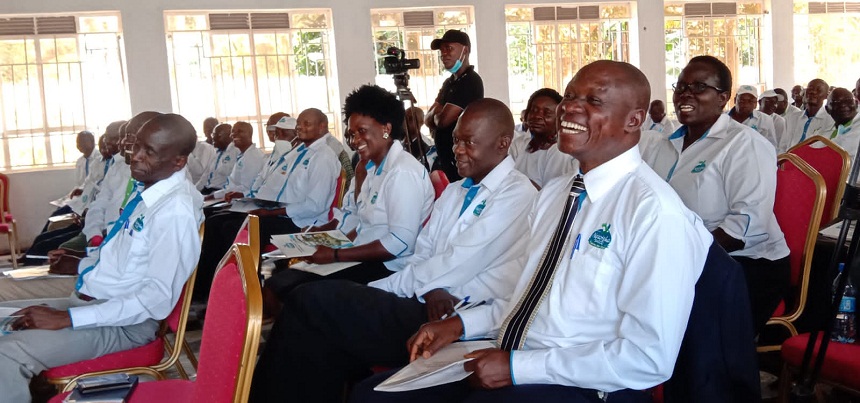By Malachi Motano
A new report by US Overseas Cooperative Development Council (OCDC) indicates that the Kenyan Co-operative Movement has had a higher impact in empowering its members economically than anywhere else in the world.
The study which carried out between 2017 and 2020 in Kenya, Peru, Philippines and Poland 2020 involved over 8,000 people, who included co-op members, measured against a comparison group of non-members, found out that co-operatives positively benefited their household economically: 82 per cent in Kenya, 71 per cent in Poland, 94 per cent in the Philippines, and 74 per cent in Peru.
The OCDC study also found that co-operatives help members achieve greater prosperity directly – through access to credit and higher earnings – and indirectly by facilitating financial education, mentorship, and training.
It further revealed that co-operatives are highly regarded for their contributions to communities’ economic development by both members and non-members, who praised co-ops for helping to support a robust business environment, creating jobs, attracting investment, and supporting infrastructure development.
Seventy per cent of co-operative members in Kenya and 80 per cent in the Philippines according to the study thought their co-operatives offered support to members during emergencies. Co-operative members were more likely to rely on their own savings for support than their family, relatives, and friends.
The research also suggested that co-operatives play a role in empowering women, with women members’ consistently higher economic ranking than women’s average economic ranking in each country of the study across all four states.
In addition, the majority of women taking part in the survey saw agency and independence resulting from their membership – 82 per cent in Kenya, 51 per cent in the Philippines, and 46 per cent in Peru.
The study looked at ways to identify and measure the difference co-operatives make. It also looked at leaders of co-operatives and communities and other important stakeholders.
Those who took part in OCDC’s research attributed their economic well-being to their co-operative membership, and economic motivations serve as the primary factor influencing co-operative membership.
The OCDC released a Global Outcomes Report and a stand-alone research product and forms part of a three-report suite. The study makes a strong case for the role of co-operatives in development.
“We have a very vibrant cooperative sector here because it is surrounded by all these institutions, which support and reinforce each other. I think that is part of the reason why we have been successful in a sustainable way,” said Prof. Esther Gicheru Chairperson Shirika Sacco
According to Professor Gicheru, the country’s cooperatives don’t rely on the government alone to regulate the sector. They participate in a network of organizations within which they address shared priorities, both through self-regulation and by lobbying the government.
Some organizations are regional, while others are specific to the various types of cooperative enterprises. Together, they are all part of an apex organization, the Cooperative Alliance of Kenya.
“In the future there will be a lot of innovation in new types of cooperative ventures, especially because there have been deliberate efforts to involve young people. I expect that the new technology favoured by young people will lead to new ways of practicing cooperativism,” Gicheru is hopeful.
She says Kenya is a place where experience in democratic enterprise is unusually widespread, that it’s common to meet people who have spent years pooling resources with others and making decisions collaboratively.
“Still, Kenyans don’t believe that democracy, or business know-how, will come about naturally. In 1952, the government established a college to train managers of cooperatives. Students learn both how to make a business successful, and how to honour the democratic principles of the cooperative movement. In some ways we teach business just like any other business school, except a kind of business that doesn’t exploit its consumers,” she said.




